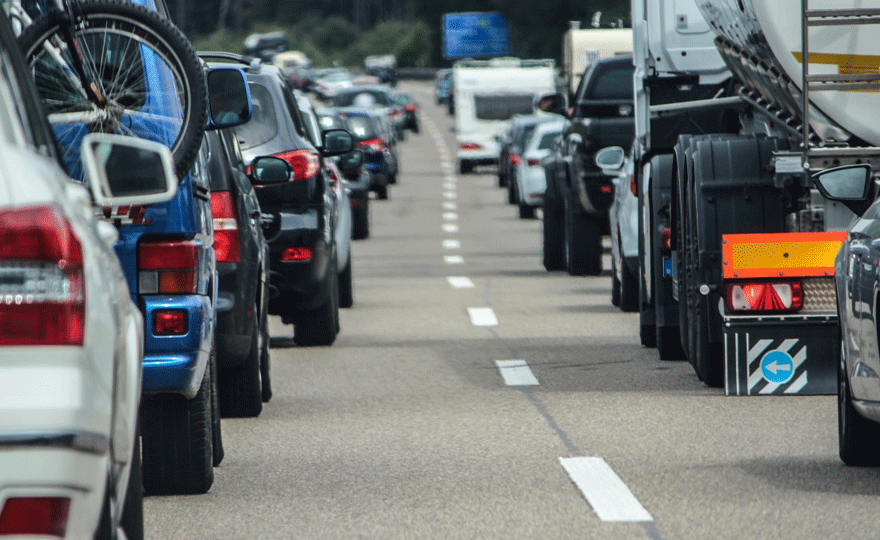ClientEarth Communications
5th February 2018


Vera Jourová, the Commissioner for consumer affairs of the European Commission announced in an interview for Der Spiegel on January 20th that in April 2018, the Commission will publish a proposal for a directive on group actions for consumers, in order to improve access to justice.
We hope it can also include provisions on access to justice in environmental matters.
The Commissioners’ decision is a follow-up of the "dieselgate" scandal, where Volkswagen bended existing legal rules and released more emissions from diesel cars into the atmosphere than permitted. Mrs. Jourová thought it unacceptable that consumers in the United States, who had bought a diesel car, got financial compensation, whereas consumers in the EU did not.
It is welcome that consumers within the EU will obtain improved access to justice; the group action constitutes a significant step forward in this regard. However, the first impact of Volkswagen’s (and others) manipulation of diesel cars was to largely increase emissions into the atmosphere of NOx, a pollutant that was responsible, according to the European Environment Agency, of some 75.000 premature deaths in the EU in 2014, the last year for which data are available. Nobody in the EU is thinking of compensating the environment for this increased pollution, though the sanctions which the US inflicted on Volkswagen explicitly covered environmental damage.
What is more, defeat devices which were used by Volkswagen to commit its fraud, were prohibited in the EU since 2001. But neither the EU nor national authorities enforced this ban by controlling the car manufacturers, in order to protect the environment. The consequence can thus only be that when public authorities are not willing or able to enforce compliance with environmental legislation, they should give civil society the possibility of access to justice, in order to enforce such rules. It is in the general interest of the EU and its Member States that the environmental provisions that were agreed by democratic legislative processes be actually applied. And nothing undermines the credibility of a government - or the EU! - more than legislation which is not applied.
Access to Justice is a fundamental means through which citizens and NGOs can support the implementation and enforcement of laws and policies to protect the environment. The goal of this ATOJ-EARL project is to achieve “Access to Justice for a Greener Europe”. It strives to enhance access to justice in environmental matters by providing information, training and support for the judiciary, public authorities and lawyers of eight European member states. ClientEarth and Justice and Environment are implementing this project with the financial support of the European Commission’s LIFE instrument.
